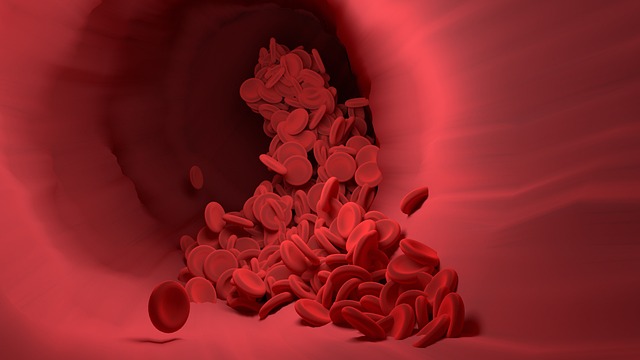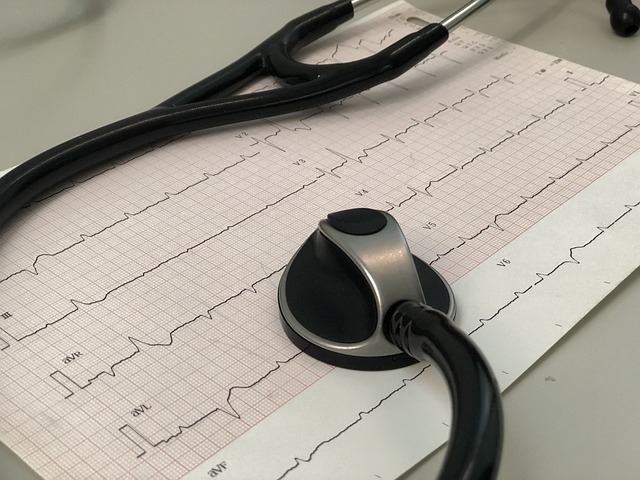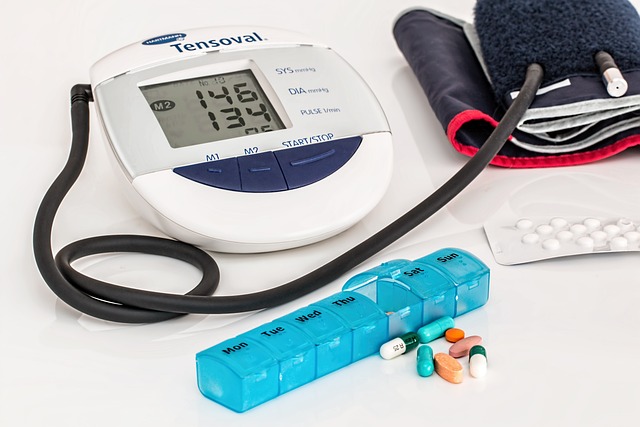Podcast: Play in new window | Download (Duration: 17:34 — 16.1MB) | Embed
Today’s sponsor of the 10 Commandments of Polypharmacy podcast is FreedAI. Freed listens, transcribes, and writes medical documentation for you.
FreedAI is offering a discount exclusive to RLP listeners! Users will get $50 off their first month with Freed! Use the discount code: RLPPOD
Here is part 2 of 2 on the final 5 of the 10 commandments of polypharmacy.
6. Thou shalt identify limits for medications not intended for chronic use as well as not continue a medication indefinitely for symptoms that have an expected short duration
7. Thou shalt not start a medication from a similar medication class without appropriate rationale
8. Thou shalt not initiate a medication without considering medications that may treat duplicate conditions – Kill two birds with one stone
9. Thou shalt consider eliminating or reducing medications at every medication review
10. Thou shalt be willing to accept risk in discontinuing a medication if they were willing to accept the risk of initiating a medication
Be sure to check out our free Top 200 study guide – a 31 page PDF that is yours for FREE!
Support The Podcast and Check Out These Amazing Resources!
Meded101 Guide to Nursing Pharmacology (Amazon Highly Rated)
Guide to Drug Food Interactions (Amazon Best Seller)









